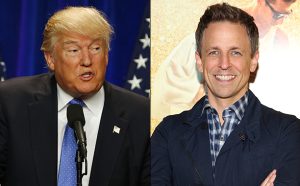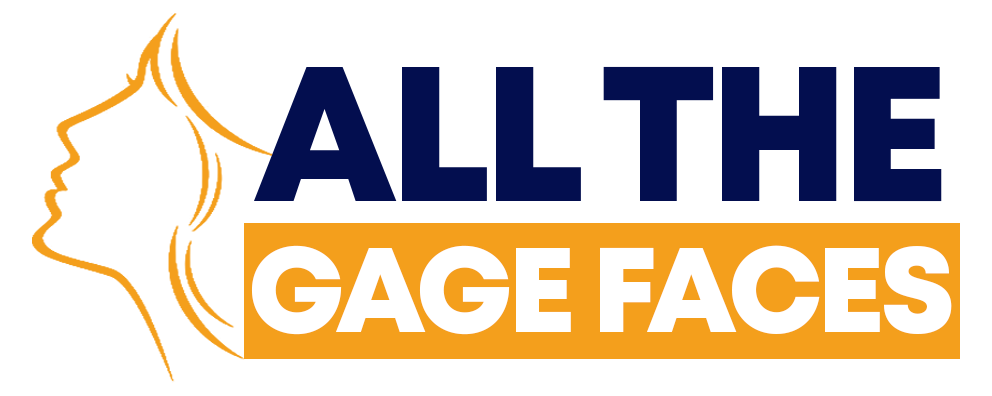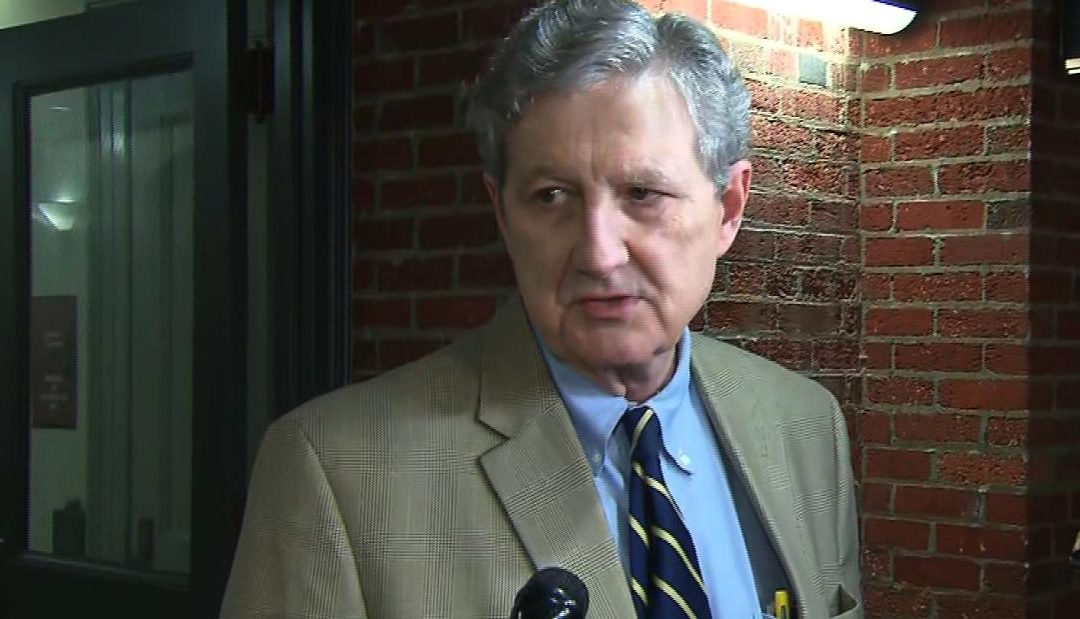Late-night talk show host Seth Meyers has been making headlines recently for his commentary on current events, particularly those related to former President Donald Trump and his supporters. In a recent segment on his show, Meyers expressed his delight at the news that a defamation suit against MyPillow CEO Mike Lindell would proceed [1]. Meyers referred to Lindell and others as “Trump-adjacent weirdos” and suggested that they were finally facing consequences for their actions.
The Defamation Suit Against Mike Lindell
The defamation suit against Lindell was filed by Dominion Voting Systems, a company that provides voting machines and services to election officials across the United States. Dominion alleges that Lindell made false and defamatory statements about the company and its products, including baseless claims that Dominion was involved in a conspiracy to rig the 2020 presidential election in favor of Joe Biden [1].
Meyers’ reaction to the news that the suit would proceed was one of amusement and satisfaction. He played a clip of Lindell being informed of the decision on camera and laughed at Lindell’s apparent surprise and discomfort [1]. Meyers suggested that Lindell and others like him had been able to spread lies and misinformation with impunity for too long and that it was gratifying to see them face some consequences.
The Role of Late-Night Talk Shows in Current Events
Meyers is not the only late-night talk show host to weigh in on political and social issues in recent years. Other hosts, including Stephen Colbert, Jimmy Kimmel, and Trevor Noah, have also used their platforms to comment on current events and express their opinions on controversial topics. Some critics have argued that these shows have become too political and that they are contributing to the polarization of American society [2].
However, supporters of these shows argue that they provide a valuable service by helping to inform and engage audiences on important issues. Late-night talk shows can be a source of news and analysis for people who might not otherwise pay attention to politics or current events. They can also help to shape public opinion and influence political discourse [2].
The Impact of Misinformation on American Society
The case of Mike Lindell and the defamation suit against him is just one example of the impact that misinformation can have on American society. In recent years, there has been a proliferation of false and misleading information online, particularly on social media platforms. This misinformation has been linked to a range of negative outcomes, including political polarization, social unrest, and public health crises [3].
Efforts to combat misinformation have been ongoing, but progress has been slow. Some experts have called for greater regulation of social media platforms and more education for the public on how to identify and avoid false information [3]. Others have suggested that media literacy should be taught in schools as a way to help young people develop critical thinking skills and become more discerning consumers of information.
Conclusion
Seth Meyers’ reaction to the news that the defamation suit against Mike Lindell would proceed is just one example of the ongoing debate over the role of late-night talk shows in American society. While some critics argue that these shows are too political and contribute to polarization, others see them as a valuable source of news and analysis. The case of Mike Lindell also highlights the impact that misinformation can have on society and the need for greater efforts to combat it.

